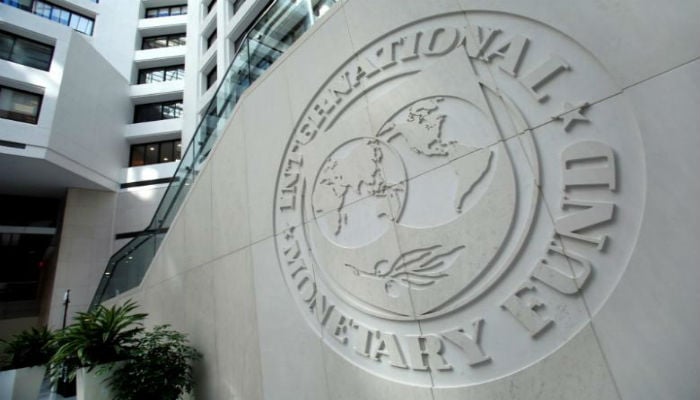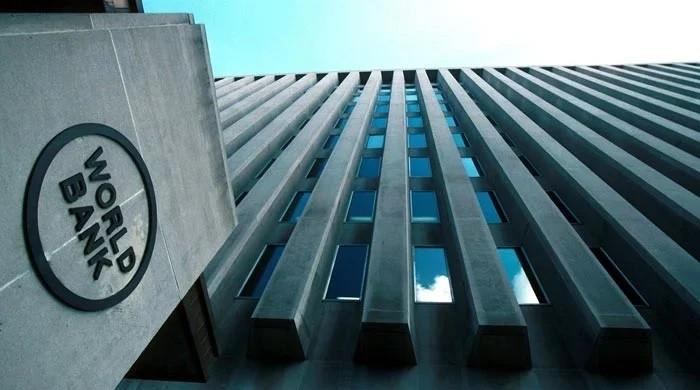Pakistan's economic resilience praised in IMF report
Report said that while the successful implementation of business climate has continued, some renewed accumulation of arrears in the power sector has been observed
July 14, 2017

WASHINGTON: The International Monetary Fund released on Thursday its report on Pakistan and praised the government for strengthening macroeconomic resilience.
According to the report, the country's outlook for economic growth is favourable with real GDP estimated at 5.3 percent in fiscal year 2016/17, and expected to reach 6 percent over the medium-term.
"Macroeconomic resilience was strengthened during the three-year Extended Fund Facility (EFF)-supported programme completed in September 2016: growth increased, the fiscal deficit was reduced, and foreign currency reserves recovered," the report said, based on Article IV consultations.
The Executive Board of the International Monetary Fund (IMF) concluded the Article IV consultation 1 with Pakistan on June 14.
Meetings with Pakistani officials were held in March and April in Dubai.
According to the report, structural reforms were set in motion; long-standing fiscal and energy sector constraints were tackled, and social safety nets strengthened.
However, the report said that while the successful implementation of business climate and financial inclusion reforms has continued, some renewed accumulation of arrears in the power sector has been observed.
Moreover, Pakistan’s agricultural production, notably cotton, has been recovering following last year's decline, while construction activity, and services have remained strong, and growth in large-scale manufacturing has been improving.
Exports have dropped by one percent year-on-year and the exchange rate continued to remain stable against the US dollar, supported by the State Bank of Pakistan's foreign exchange interventions, and further appreciated in real effective terms 6 percent during this fiscal year.
The report noted that the stock market has performed strongly, and MSCI has reclassified Pakistan from frontier to emerging market, effective June 2017.
"Targeted cash transfers to the poor under BISP continued to increase, and efforts to improve the business climate and financial access have begun to bear fruit. Efforts to establish deposit insurance and to address undercapitalised banks and high NPLs have progressed," according to the report.
There has also been significant progress in energy sector reforms, though the recent resumption of circular debt accumulation points to the need for continued reform efforts," it added.
The report noted that key external risks include lower trading partner growth, tighter international financial conditions, a faster rise in global oil prices and, over the medium term, failure to generate sufficient exports to meet rising external obligations from foreign-financed investments.
"Domestically, risks include deterioration in security conditions and potential pressures on policy implementation ahead of the mid-2018 elections," the report said.











